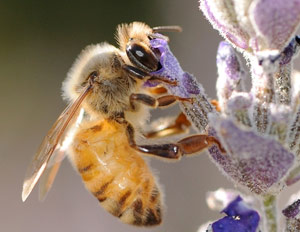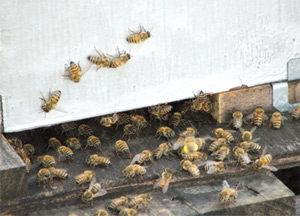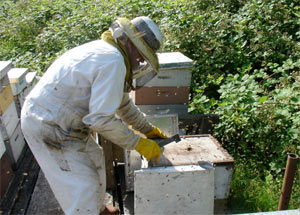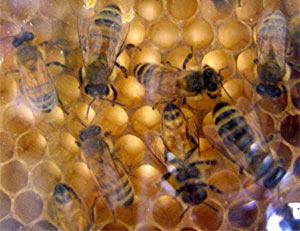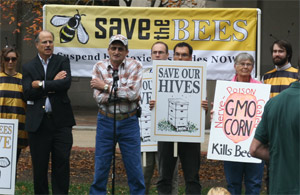13 Feb Join Rodale’s Honeybee Conservancy
Always wanted to keep bees but just don’t have the space? Want to do something to help stop colony collapse disease? Already have a hive but want to get off the chemicals? Join the Honeybee Conservancy at Rodale Institute!The Honeybee Conservancy at Rodale Institute was started in 2012 in response to the major health problems that have decimated the honeybee...


